Royal Jelly and a Better Brain
Whether you're dealing with Alzheimer's Disease or simply want to build a better brain, the science says royal jelly can help
by Angela Van Alten, Nutritionist and Beekeeper's Daughter

There can be little doubt that research relating to the cause of Alzheimer’s Disease is moving on in leaps and bounds. Recently though evidence has come to light indicating that this devastating disease, which destroys not the body but the mind of the sufferer, quite likely has an underlying dietary cause possibly underpinned by malabsorption. At the moment this is very strongly reflected by the fact that Alzheimer’s Disease (AD) is more frequently being referred to as Type 3 Diabetes.
Because current research into the treatment of Alzheimer's disease is still in its infancy, many people are searching for ways to prevent, treat or mediate the symptoms of Alzheimer’s and one substance indicated in having significant impact is Royal Jelly.
Although some readers might well have been recently diagnosed, or more likely, be concerned about the welfare of a loved one who has received this diagnosis, few are truly aware of how the incidence of Alzheimer’s Disease has escalated:
Currently it is estimated that Alzheimer’s Disease and other forms of dementia affect around 44 million people globally - with AD providing the majority of cases. Yet back in 1979 there were only 857 deaths from AD reported in the whole of the US (1). By any standards this has to be seen as a terrifying increase and, as common as AD is today, what we often fail to appreciate is that once, and not too long ago, it was actually classified as a rare disease.
As this increase clearly shows the incidence is now monumental. More worryingly it would seem the number of cases is still on the rise and so the likelihood of our acquiring this illness escalates with each passing year. So how can something as innocuous and natural as Royal Jelly help us to reduce the threat of Alzheimer’s Disease?
Well, initial research studies which started around a decade ago investigating the possible benefits of Royal Jelly indicated that it had a positive effect on neuronal degeneration (2) and in particular on the hippocampal region of the brain which is the area most detrimentally affected in AD. (3)
The second study was instrumental in opening the door to numerous other investigations which looked not only at how Royal Jelly might prevent neuronal degeneration of the hippocampus but at whether or not it could reverse this degeneration and produce neurogenesis - the production of new nerve cells - and in effect reverse the damage caused by Alzheimer’s.
The good news came a short while later in 2012 when a study using Royal Jelly, was performed on rats with induced AD and the findings concluded that the benefits in respect of reversing effects were significant (4). Yet further emerging research also indicated that the effects could extend beyond even the neuronal improvements. In 2016, a study examined the effects that Royal Jelly and Enzyme-treated Royal Jelly, had on the worm C. elegans in respect of healthy aging. What the researchers found was that supplementation of the products not only significantly delayed body aging, but more importantly, that it dramatically improved protein solubility which is essential for healthy proteostasis. In-depth science aside, what that means is Royal Jelly and Enzyme-treated Royal Jelly may well prove to be effective in actually preventing AD (5).
Grow New Brain Cells?
Along with Alzheimer's Disease, conditions such as Dementia and cognitive decline are rapidly increasing with the aging of society.
Scientists recently set out to determine if royal jelly can in fact stimulate the regeneration and growth of brain cells. In order to simulate the death of brain cells, they administered a very potent, toxic compound call TMT to rats which killed off large numbers of cells. In humans, one would normally see large numbers of brain cells die with advanced age and conditions such as dementia.
This group of scientists had already shown in a previous study that royal jelly facilitates neuro-genesis (regrowth of brain cells) in a test tube. Testing their findings in rats was a logical next step.
The rats were exposed to the TMT and then given royal jelly orally. Interestingly, they found that orally administered royal jelly significantly increased the number of brain cells in certain parts of the brain and simultaneously improved the cognitive impairment caused by the drug.
Based on these results, the scientists suggested that royal jelly may serve as a tool for protection against and therapy for some neurological disorders such as depression. It would make sense that Alzheimer's and Dementia be on this list as well.
As part of the brain protection protocol I recommend for my clients, I include 2000 mg of royal jelly per day along with 1 teaspoon of raw honey. It is important that your royal jelly contain at least 6% 10-HDA as this is the compound in royal jelly that is thought to be causing the results in the studies.
Recommended Royal Jelly Products
For premium Royal Jelly products, I recommend that you explore Dutchman's Gold selection. I use them personally. You can find them here.
References
1 - http://www.cdc.gov/nchs/data/series/sr_20/sr20_028.pdf
2 - Hashimoto M, Kanda M, Ikeno K, Hayashi Y, Nakamura T, Ogawa Y, et al. Oral administration of royal jelly facilitates mRNA expression of glial cell line-derived neurotrophic factor and neurofilament H in the hippocampus of the adult mouse brain. Biosci Biotechnol Biochem. 2005;69:800–5. [PubMed]
3 - Hattori N, Ohta S, Sakamoto T, Mishima S, Furukawa S. Royal jelly facilitates restoration of the cognitive ability in trimethyltin-intoxicated mice. Evid Based Complement Alternat Med. 2009 doi:10.1093/ecam/nep029. [PMC free article] [PubMed]
4 - Effect of Royal Jelly on spatial learning and memory in rat model of streptozotocin-induced sporadic Alzheimer's disease : Zohre Zamani, Parham Reisi,1 Hojjatallah Alaei,2 and Ali Asghar Pilehvarian3
5 - Royal jelly promotes DAF-16-mediated proteostasis to tolerate β-amyloid toxicity in C. elegans model of Alzheimer’s disease
Xiaoxia Wang1, Min Cao1,2 and Yuqing Dong1,2. 1 Department of Biological Sciences, Clemson University, Clemson, SC, USA. 2 Institute for Engaged Aging, Clemson University, Clemson, SC, USA
6. Evidence Based Complementary & Alternative Medicine, April 17, 2009.
|
|
|


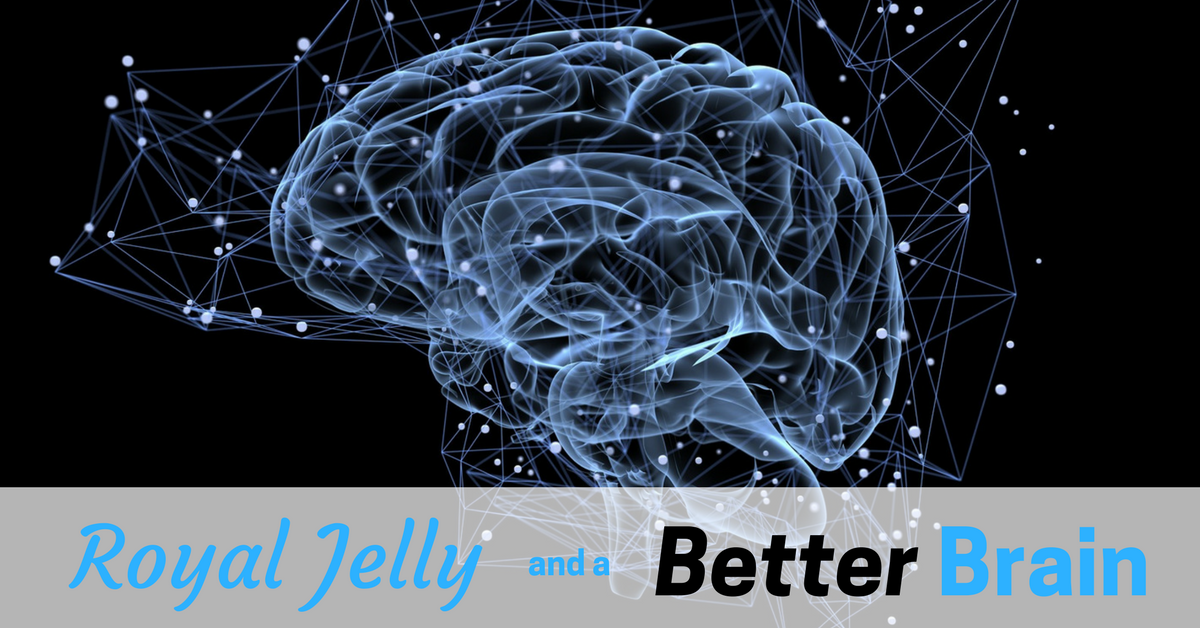

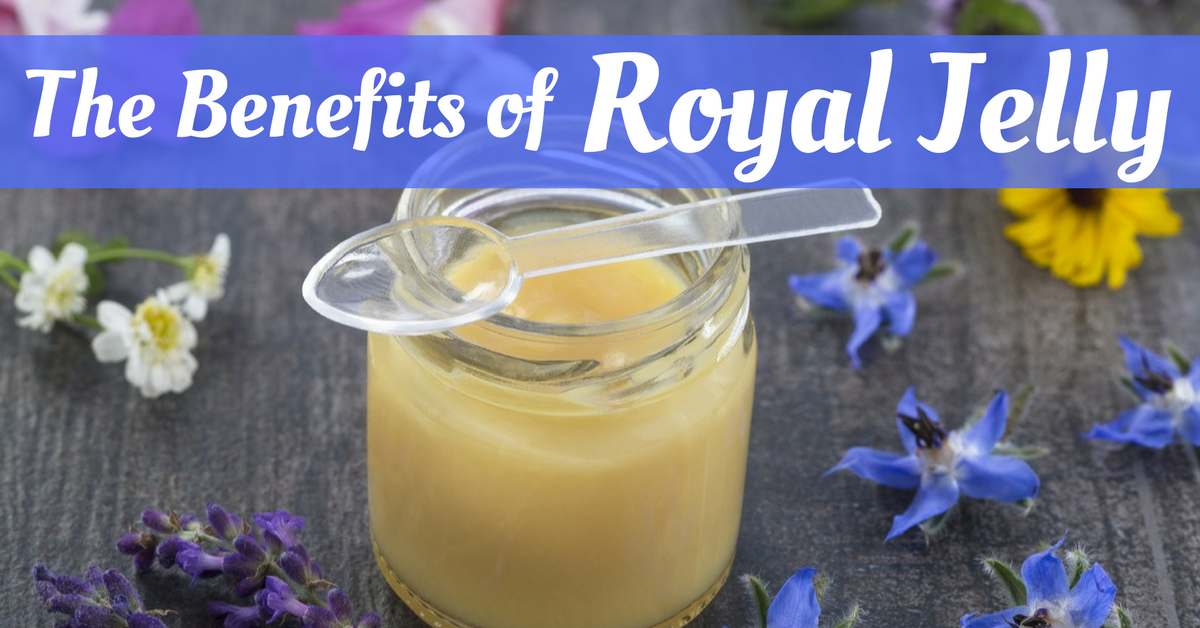
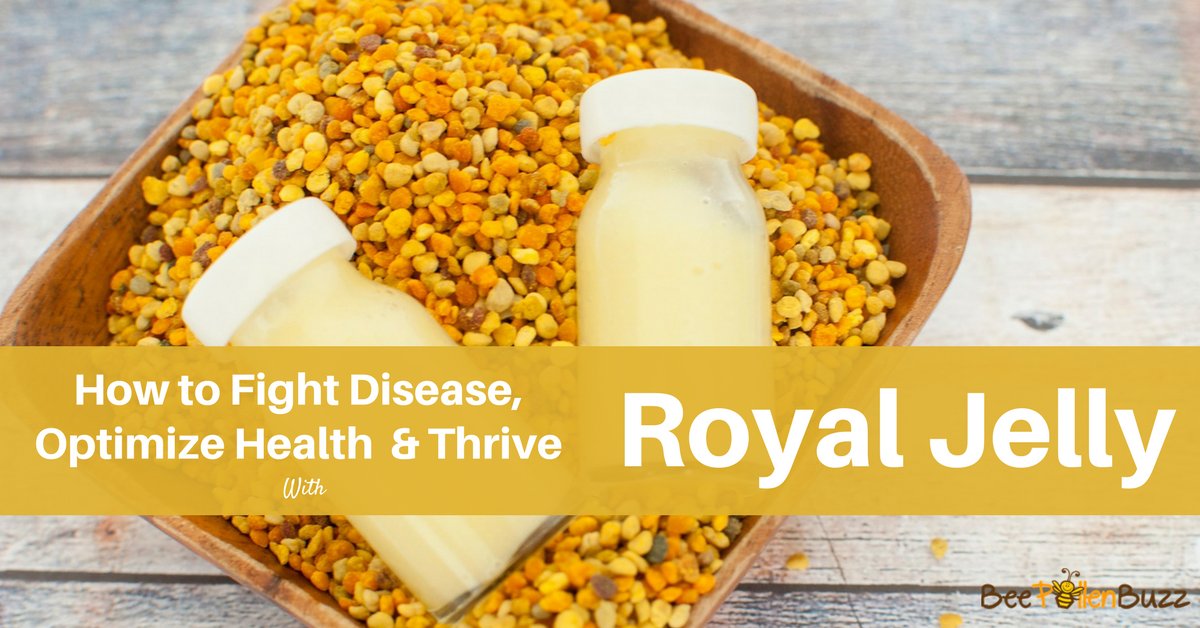
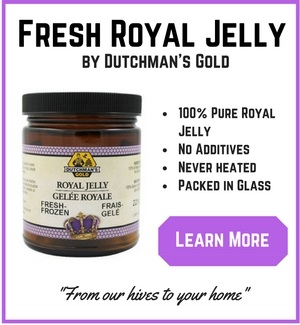
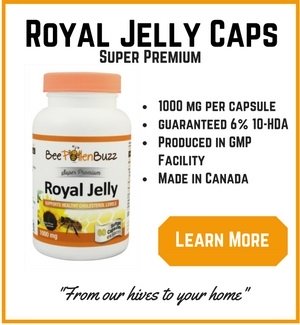
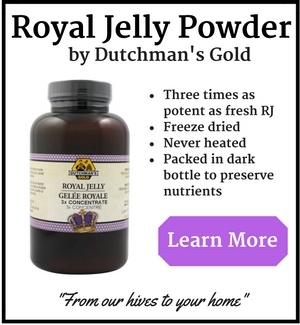






New! Comments
Do you have something to say about what you just read! Leave me a comment in the box below. I'd love to hear from you!